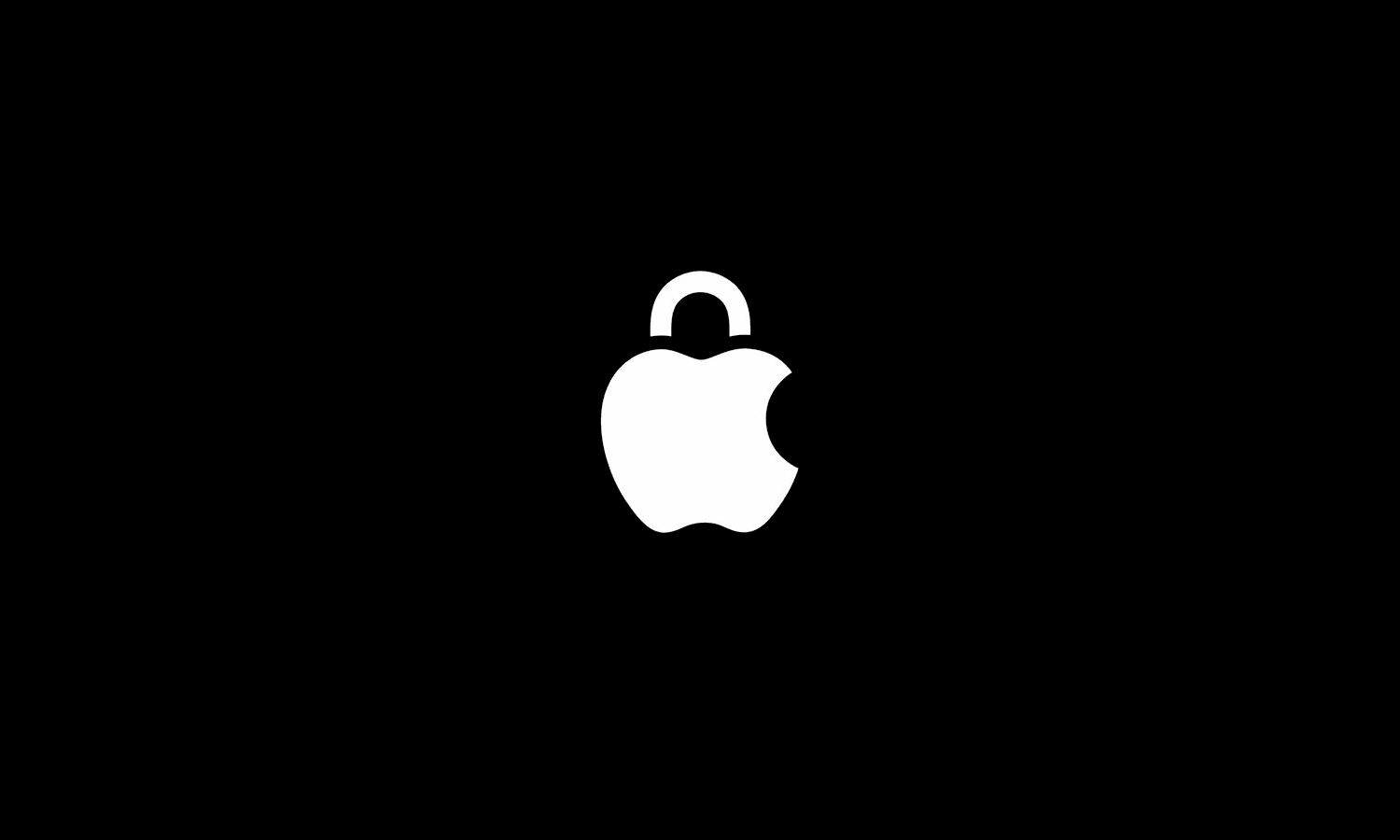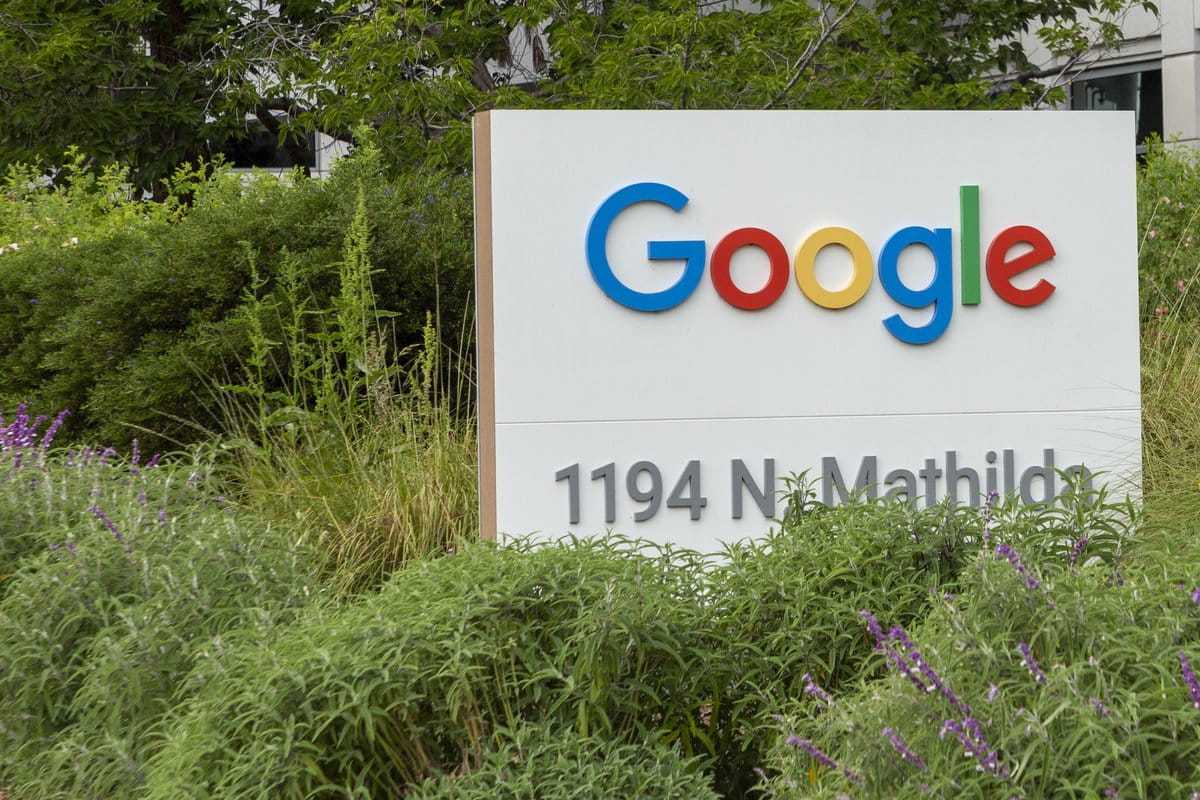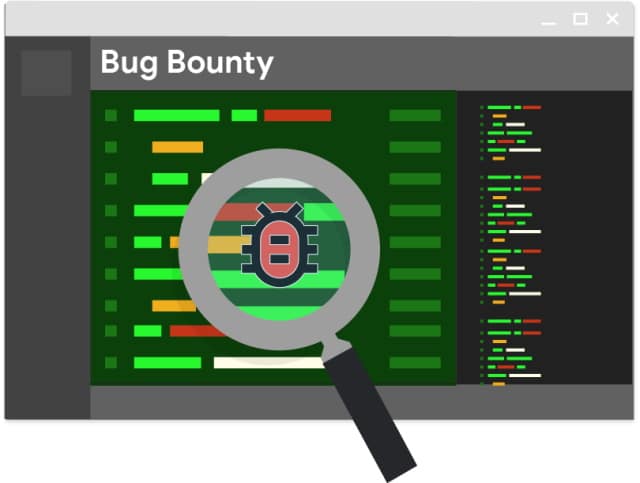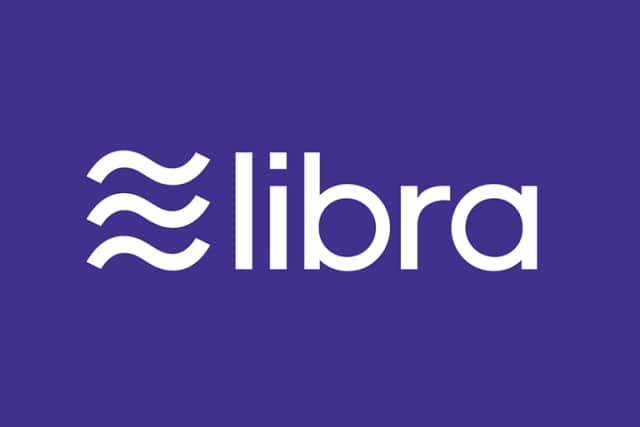
Microsoft massively expands the scope of its bounty program
Microsoft is just one of many technology firms that have a bounty program that offers financial rewards for anyone who discovers security flaws in its products and services. The company has just announced a huge expansion of the scheme so it even covers problems found in third party code.
Vice President of Engineering at Microsoft Security Response Center, Tom Gallagher, announced the broadened scope at Black Hat Europe. He stressed that “keeping our customers secure is our top priority”.

Apple doubles its top bug bounty payout to $2 million
Five years after it was launched, Apple has announced major changes to its bug bounty program. The Apple Security Bounty program is entering what the company describes as a “new chapter”, and the headline change is a massive boost to the payments made for the discovery of the most serious types of security issues.
In addition to this and other changes, Apple also reveals that it has paid out over $35 million to more than 800 security researchers since the scheme launched in 2020. The company points out that many of these payouts were for $500,000. But the focus here is what is happening in the future.

TP-Link becomes a CVE Numbering Authority to improve cybersecurity
As someone who uses and loves TP-Link products (including its affordable routers and smart home devices) I’m truly elated to see the company taking cybersecurity more seriously. You see, the company has officially joined the CVE Numbering Authorities (CNAs), meaning it can now assign CVE IDs to security flaws found in its own products.
Here’s why it matters, folks: CVEs (Common Vulnerabilities and Exposures) are used to track publicly known cybersecurity issues. By becoming a CNA, TP-Link gains the power to document and disclose vulnerabilities faster and more transparently. That’s a win for both the company and the people who rely on its devices every day (such as yours truly).

Which comes first? The pentest or the bug bounty program? [Q&A]
Bug bounty and penetration testing programs are often grouped as interchangeable, but they perform distinct functions.
To determine whether both deserve a place within a cybersecurity strategy, it is important to understand their specific qualities and how they have matured over recent years. We spoke to Chris Campbell, lead solutions engineer at HackerOne, to learn more.

Microsoft launches Defender Bounty Program to find bugs in its security software
Microsoft has added yet another bug bounty program to its growing portfolio. With the launch of the Microsoft Defender Bounty Program, the company is offering financial rewards to researchers who "uncover significant vulnerabilities" in its range of security products and services.
The program is focused solely on vulnerabilities of Critical or Important severity, and Microsoft is putting up rewards of between $500 to $20,000 for eligible submissions. Starting off somewhat limited in focus, the aim is to open up the program to have a wider scope further down the line.

Like Microsoft, Google wants your help to fix AI and make it more secure
It is only a couple of weeks since the debut of the Microsoft AI Bounty Program, and now Google has launched its own bug bounty program specific to generative AI.
Google has announced the expansion of its existing Vulnerability Rewards Program to reward for attack scenarios that relates to generative AI. The company says that it wants to incentivize research around AI safety and security, highlight potential issues, and make artificial intelligence safer for everyone.

Android should become a more secure platform thanks to new bug bounty program for Google apps
Bug bounty programs have become a common way for companies to track down issues with software before they start to cause security concerns for users. While Google has various existing programs of this nature, the company has just launched the Mobile Vulnerability Rewards Program.
Google Mobile VRP is a bug bounty program that focuses on the company's own software. It lets security researchers and software detectives submit reports about Google's Android apps, earning financial rewards for discovering security flaws.

Almost half of people think cyberattackers shouldn't be prosecuted -- provided they hand back some of their proceeds
New research from cybersecurity company Naoris Protocol finds 48 percent of people surveyed think criminals who break into computer networks with malicious intent should be paid a percentage of the funds they steal and face no prosecution if they return the majority of their spoils.
The survey of over 500 people working in the cybersecurity and web arenas found just 38 percent saying they disagreed with not prosecuting malicious hackers, while 13 percent were unsure.

Google launches new Open Source Software Vulnerability Rewards Program (OSS VRP)
Google is not alone in offering so-called bug bounty programs which give financial incentives to contributors to track down vulnerabilities and security issues in its software. Now the company has launched a new initiative called the Open Source Software Vulnerability Rewards Program (OSS VRP).
As the name suggests, this new program focuses on Google's open source projects. The company is offering rewards of between $100 and $31,337, depending on the severity of the vulnerability.

1Password breaks the bug bounty record by offering a million dollar reward
Password manager company 1Password is increasing its top bug bounty reward to $1 million, making it the highest bounty in Bugcrowd history and one of the largest rewards in cybersecurity.
Since beginning the bug bounty program in 2017, 1Password has paid out $103,000 to Bugcrowd researchers, averaging $900 per reward. While all detected bugs have been minor, showing no threat to the secrecy of sensitive customer data, 1Password was able to resolve them quickly to reduce the risk of attacks.

Microsoft offers up to $20,000 in Xbox bug bounty
Microsoft is no stranger to using bug bounty programs to track down security problems and other issues with its software and services. Now the company has launched an Xbox bug bounty program, offering payouts of up to $20,000 to anyone finding vulnerabilities.
The particular aim of this bounty program is to find issues with the Xbox Live network and services. Microsoft says the amounts it will pay gamers and security researchers who report problems will depend on the severity and impact of the vulnerability, as well as the quality of the submission.

How sharing information can help strengthen cyber defenses [Q&A]
Organizations face a greater range of cyber threats than ever before. The key to dealing with these threats is better intelligence about the latest vulnerabilities.
We spoke to Jay Prassl, CEO of cyber hygiene startup Automox, which has recently launched an open community to foster cyber hygiene best practices, to find out more about how crowdsourcing and information sharing can help reduce the corporate attack surface.

Disclosing vulnerabilities improves security for everyone
According to a new study 90 percent of IT professionals believe disclosing vulnerabilities serves a broader purpose of improving how software is developed, used and fixed.
The survey from application security testing specialist Veracode finds more than a third of companies received an unsolicited vulnerability disclosure report in the past 12 months, representing an opportunity to work together with the reporting party to fix the vulnerability and then disclose it, improving overall security.

Google's bug bounty program now covers any big Android app
Bug bounty programs have become a popular way for developers to track down security issues in software, but big pay-outs are not something that every company can afford.
In a bid to keep its Android platform secure, Google has announced that its own bug bounty program is being expanded to include all big Android apps, regardless of who develops them. The company will reward security researchers who find bugs in any app in the Google Play Store with 100 million or more installs.

Libra Bug Bounty Program seeks to strengthen the security of Facebook's blockchain
Facebook's plans to venture into the world of cryptocurrencies has proved highly controversial, but the social media giant is plowing on regardless. The company and the partners it is working with on Libra have launched a public bug bounty program, offering pay-outs of up to $10,000 per bug.
Announced by the Libra Association, the aim of the Libra Bug Bounty Program is to "strengthen the security of the blockchain". The association wants to track down " security and privacy issues and vulnerabilities".
